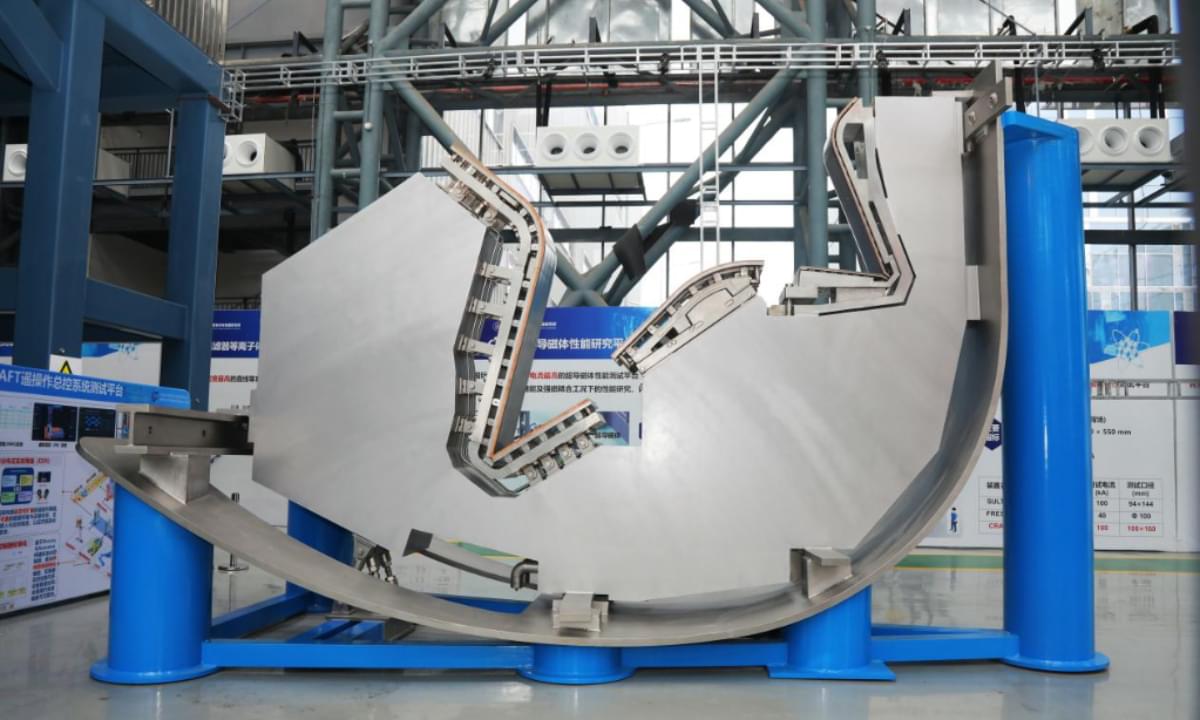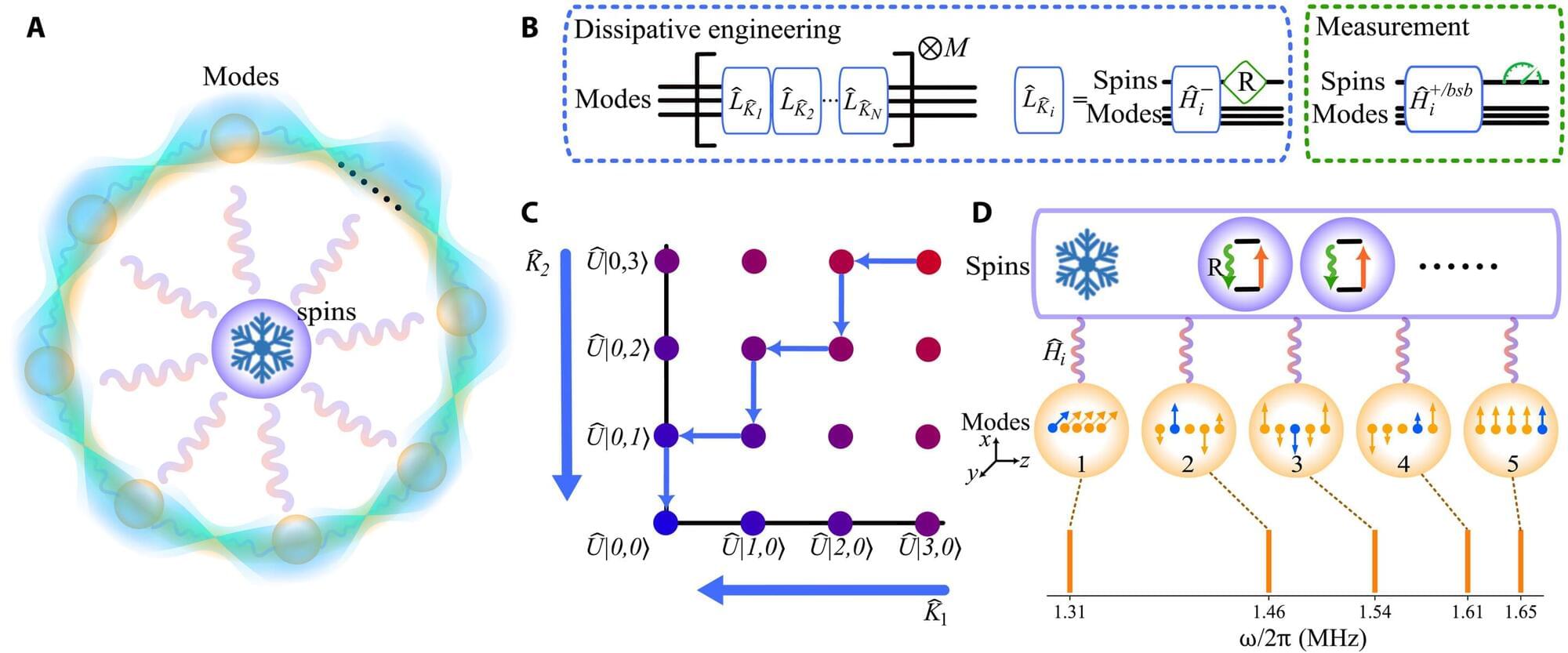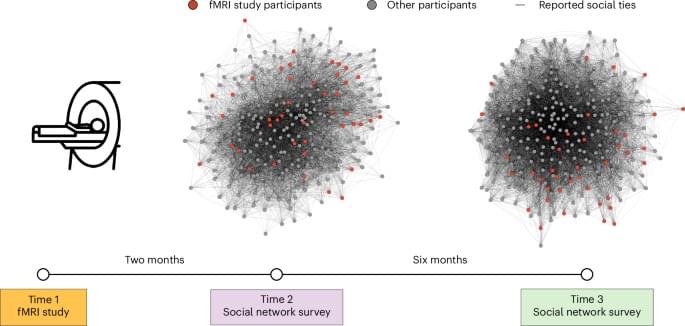
Get the latest international news and world events from around the world.


‘Chemo brain’ cognitive issues linked to poor lymphatic-system drainage
Cancer is a challenging enough diagnosis, but many patients are dealt a second blow, even as they heal: “chemo brain.”
Also called “brain fog,” this mix of cognitive issues— memory problems, struggling to find words, an inability to concentrate—affects up to three-in-four cancer patients, according to multiple studies. For many, the effects last years beyond cancer treatment.
A new study offers new models for studying causes of chemo brain and points to the effects of chemotherapy drugs on the brain’s lymphatic system, which is a network of tiny vessels in the brain’s protective membranes that help remove waste and transport immune cells. The study was published Oct. 13 in Communications Biology.

China achieves important breakthrough in creating ‘shield’ for fusion reactor
Prototype component of the divertor of China’s Comprehensive Research Facility for Fusion Technology (CRAFT) Photo: Xinhua.
China has achieved an important breakthrough in the development of its next-generation “artificial sun” with the prototype component of the divertor of China’s Comprehensive Research Facility for Fusion Technology (CRAFT), passing expert evaluation and acceptance procedures on Monday, Xinhua News Agency reported.
The CRAFT is a platform on which engineers develop and test key components of fusion energy reactors.


SRIC4 #02: “Lagrange Factory and Geo-Lunar Space Industrialization”
Don’t miss Werner Grandl’s webinar, today: “Lagrange Factory and Geo-Lunar Space Industrialization”

Multimode quantum entanglement achieved via dissipation engineering
A research team led by Prof. Lin Yiheng from the University of Science and Technology of China (USTC), collaborating with Prof. Yuan Haidong from the Chinese University of Hong Kong, succeeded in generating multipartite quantum entangled states across two, three, and five modes using controlled dissipation as a resource. Their study is published in Science Advances.
Multimode entanglement is a key resource in quantum computation, communication, simulation, and sensing. One of the major challenges in achieving stable and scalable multimode entanglement lies in the inherent susceptibility of quantum systems to environmental noise—a phenomenon known as dissipation. To mitigate dissipative effects, conventional preparation methods often require isolating the system from its surroundings.
Recent theoretical and experimental works have revealed an innovative perspective: when properly engineered, dissipation can be transformed into a resource for generating specific quantum states—known as dissipation engineering. However, previous related experiments were confined to single-mode and two-mode quantum systems, and significant challenges remain in the experimental realization of entangled states across multimode bosonic systems.


Blue Planet Red is wrong about Mars — but it’s surprisingly poignant
Brian Cory Dobbs’s documentary promotes the baseless idea that Mars was once inhabited by an advanced civilisation. But there’s some value in how it inadvertently documents a generation of otherwise-sensible scientists, says Simon Ings
By Simon Ings

Advances in AI will boost productivity, living standards over time
Artificial intelligence offers the potential to improve people’s living standards. Such advances can be approximated by changes in GDP per capita over time. Using that common measure, AI could enhance longstanding productivity gains or, alternatively, drastically alter the economy in relatively short order.